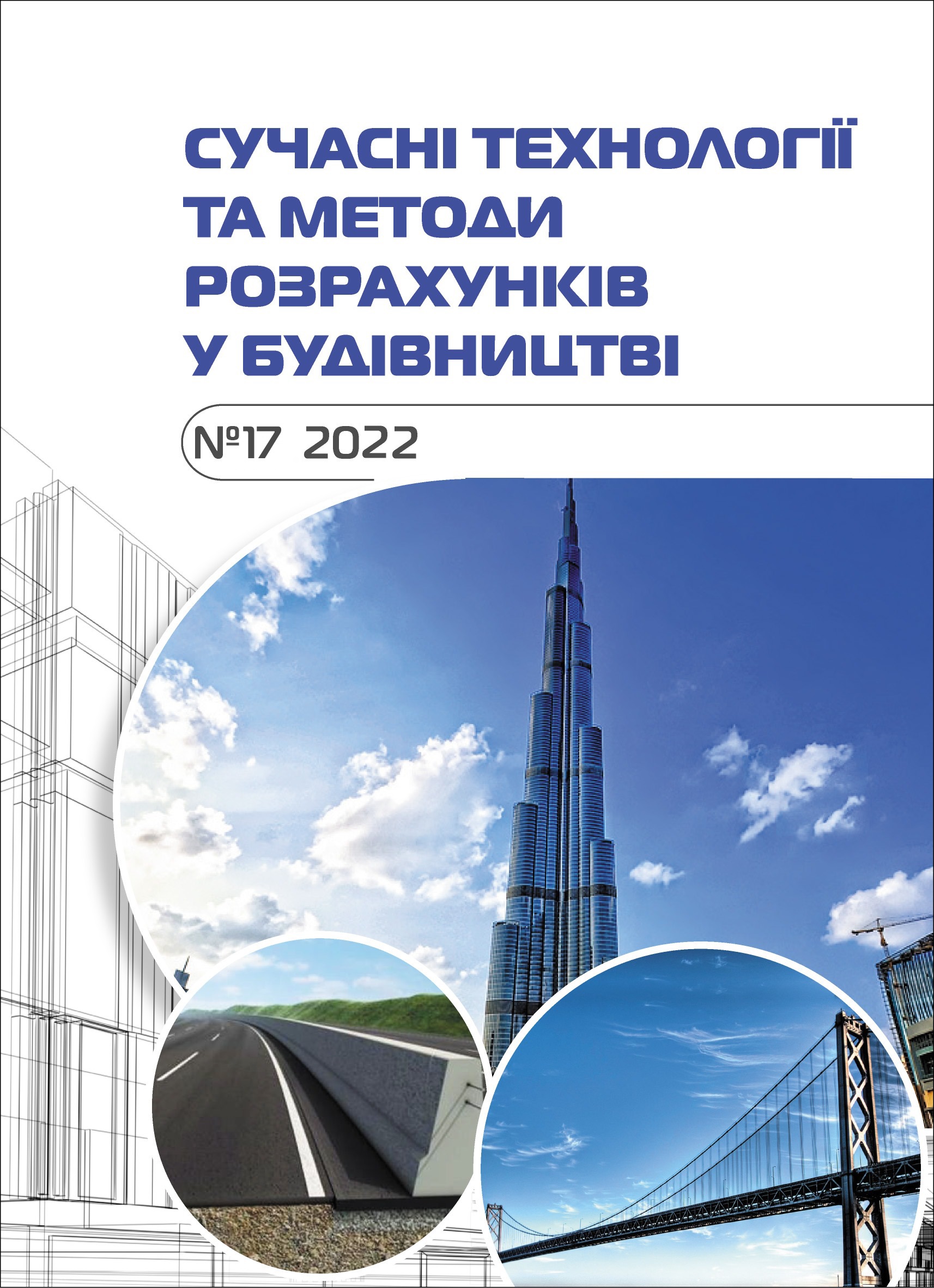Modification of bftum by reclaimed polymer
DOI:
https://doi.org/10.36910/6775-2410-6208-2022-7(17)-15Keywords:
viscous bitumen, reclaimed polymer, polyethylene, styrene-butadiene-styrene, penetration, softening point, elastic recovery, adhesion.Abstract
Asphalt concrete is the most commonly used material for road pavements of various types. Since the quality of asphalt concrete is largely determined by the quality of bituminous binders, one of the main ways to improve the quality and durability of asphalt pavements is a targeted modification of bituminous binders. Nowadays, the most common modifiers of pavement bitumen are polymers, the use of which allows to structure binders and significantly expand their plasticity intervals, as well as, in the case of styrene-butadiene-styrene to give the bitumen elasticity. Along with the advantages of using polymers, they also have disadvantages, the most significant of which is an increasing in the cost of paving. To avoid this, the use of reclaimed polymers as modifiers of pavement bitumen has recently become increasingly common. The aim of this work is to study the effect of reclaimed polyethylene and its combination with styrene-butadiene-styrene on the properties of bitumen. To achieve this goal, a comparison of the properties of bitumen modified with reclaimed polyethylene, styrene-butadiene-styrene and a complex of these polymers is made. All mentioned modifiers were mixed with bitumen in the amount of 3%. The modification of bitumen by polymers was provided by mixing in a laboratory mixer equipped with a colloid mill for 1 h at a temperature of 180… 185 ºC. For the obtained bituminous binders, standard quality indicators have been determined in accordance with DSTU 9116. According to the obtained data, SBS and polyethylene polymers have different effects on the properties of the original bitumen. An increase in the modified bitumen concentration of the SBS polymer leads to a gradual increase in the softening point temperature, an increase in elasticity, a decrease in the temperature sensitivity of the binder determined by the equivalence temperature and decrease in the binder storage stability. The polyethylene polymer acts as a filler and reduces penetration at 25 ºC, reduces ductility at 25 ºC and reduces elasticity. The modification by SBS, reclaimed polyethylene and their combinations into bitumen does not affect the breaking point temperature of the binder, but leads to a significant reduction in adhesion. Due to the lower density of reclaimed polyethylene than bitumen, during the storage of the modified binder, its separation is observed. Based on the obtained experimental data, it is proved that reclaimed polyethylene can be used as a component of a complex polymer modifier to improve the properties of pavement bitumen (increased softening point temperature and reduced penetration), but due to the tendency to separation such binder should not be stored without forced mixing.


